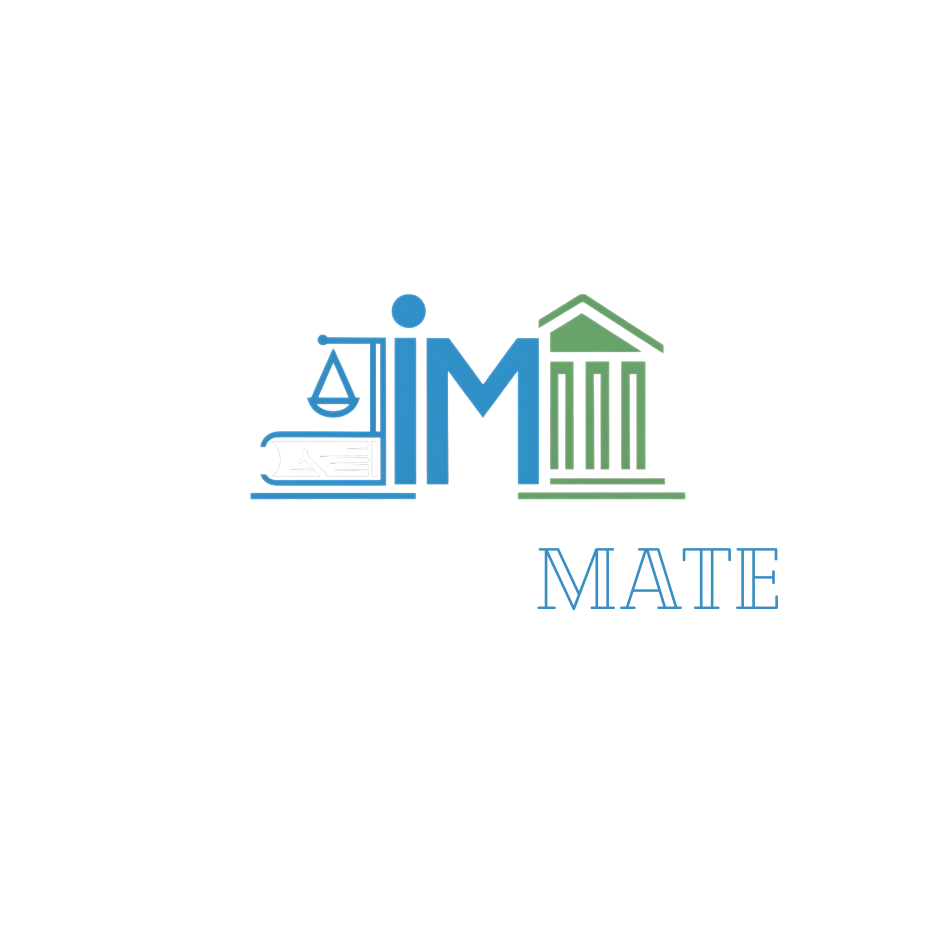In both personal and professional settings, drafting agreements and contracts is a vital skill that can significantly influence the success of your dealings. Whether you’re finalizing a business partnership, renting an apartment, or securing services, a well-constructed contract is essential. Here’s a guide to the key points you should remember to ensure your agreements are clear, enforceable, and protect your interests.
1. Clarity and Precision
One of the most critical aspects of any agreement is clarity. Use simple, straightforward language to avoid misunderstandings. Avoid legal jargon unless absolutely necessary; the goal is to ensure all parties fully understand their obligations. Precision is key—define all terms explicitly to prevent ambiguity.
2. Identify the Parties
Clearly identify all parties involved in the agreement. Include full legal names, addresses, and relevant details. This establishes who is bound by the terms of the contract and reduces the risk of confusion.
3. Outline Obligations and Responsibilities
Each party’s duties should be clearly outlined in the agreement. Specify what each party is expected to do, including timelines and milestones for performance. This not only sets clear expectations but also establishes accountability.
4. Payment Terms
Clearly state the payment amounts, methods, and due dates. If applicable, include provisions for late payments or penalties. Clearly defining financial terms helps avoid disputes regarding payment obligations.
5. Confidentiality and Privacy
If sensitive information will be shared, consider including a confidentiality clause. This protects proprietary information and establishes how confidential data should be handled. Additionally, be aware of data protection laws that may apply, especially if personal data is involved.
6. Dispute Resolution
Outline how disputes will be resolved. Whether through mediation, arbitration, or litigation, specifying a dispute resolution process can save time and legal costs in the event of a disagreement. Additionally, include a governing law clause to specify which jurisdiction’s laws will apply.
7. Termination Clause
Include conditions under which the agreement can be terminated. This could be due to breach of contract, failure to perform, or other specified reasons. Be sure to detail any notice periods required before termination, ensuring both parties are aware of their rights.
8. Force Majeure Clause
Unforeseen events, such as natural disasters or pandemics, can disrupt contractual obligations. Including a force majeure clause allows for flexibility in these situations, protecting both parties from liability due to circumstances beyond their control.
9. Review and Revise
Always proofread the document to catch any errors or omissions. Consider having a legal professional review the contract, especially for more complex agreements. A fresh set of eyes can help identify potential issues and ensure compliance with applicable laws.
10. Signatures and Dates
Ensure that all parties sign and date the agreement. This formalizes the contract and indicates mutual consent to the terms. In some cases, having witnesses or notarization can further validate the agreement.
Conclusion
Drafting a solid agreement or contract is crucial for protecting your interests and facilitating successful relationships. By keeping these essential points in mind, you can create clear, effective agreements that minimize the potential for disputes. Remember, a well-drafted contract not only safeguards your rights but also fosters trust and cooperation among all parties involved. Whether you’re an entrepreneur, a freelancer, or an individual, honing your contract drafting skills is an investment that pays off in countless ways.
